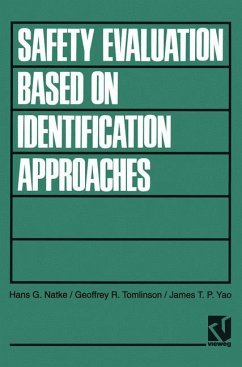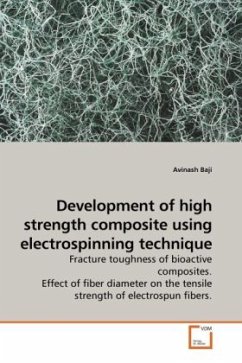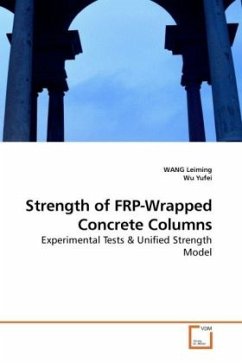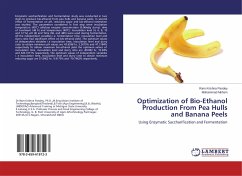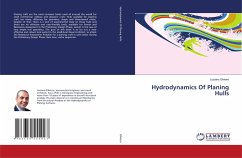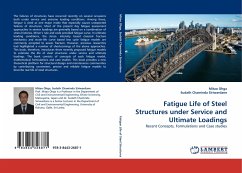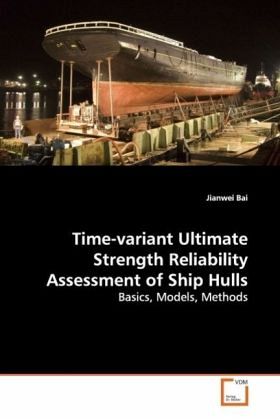
Time-variant Ultimate Strength Reliability Assessment of Ship Hulls
Basics, Models, Methods
Versandkostenfrei!
Versandfertig in 6-10 Tagen
52,99 €
inkl. MwSt.

PAYBACK Punkte
26 °P sammeln!
Ship structures suffer various types of damage whilein service. Age-related structural degradations, suchas corrosion and fatigue cracks, are considered majortypes of damage. The purpose of this work is topropose a methodology to assess the time-variantultimate strength of ship hull girder under thedegradation of these damages, to provide a procedureto quickly perform reliability analysis of aging shiphulls, and to develop a more rational renewal andrepair schemes that not only consider the maximumallowable corrosion wastage and critical crack sizecriteria, but also take into account the hullu...
Ship structures suffer various types of damage while
in service. Age-related structural degradations, such
as corrosion and fatigue cracks, are considered major
types of damage. The purpose of this work is to
propose a methodology to assess the time-variant
ultimate strength of ship hull girder under the
degradation of these damages, to provide a procedure
to quickly perform reliability analysis of aging ship
hulls, and to develop a more rational renewal and
repair schemes that not only consider the maximum
allowable corrosion wastage and critical crack size
criteria, but also take into account the hull
ultimate strength.
Time-dependent reliability procedure of a double hull
tanker is presented as an example with consideration
given to the effects of corrosion and fatigue crack
damage on ultimate strength and reliability. It is
expected that the methodologies and procedures
developed in the present study will provide a useful
tool for assessing time-variant ultimate strength and
reliability of aging ship hulls.
in service. Age-related structural degradations, such
as corrosion and fatigue cracks, are considered major
types of damage. The purpose of this work is to
propose a methodology to assess the time-variant
ultimate strength of ship hull girder under the
degradation of these damages, to provide a procedure
to quickly perform reliability analysis of aging ship
hulls, and to develop a more rational renewal and
repair schemes that not only consider the maximum
allowable corrosion wastage and critical crack size
criteria, but also take into account the hull
ultimate strength.
Time-dependent reliability procedure of a double hull
tanker is presented as an example with consideration
given to the effects of corrosion and fatigue crack
damage on ultimate strength and reliability. It is
expected that the methodologies and procedures
developed in the present study will provide a useful
tool for assessing time-variant ultimate strength and
reliability of aging ship hulls.



